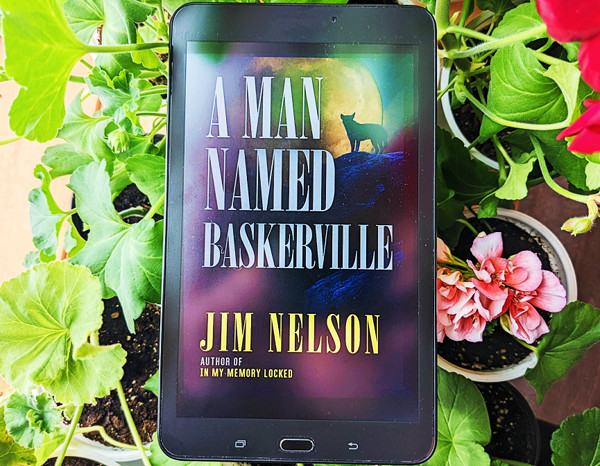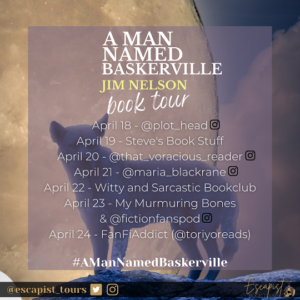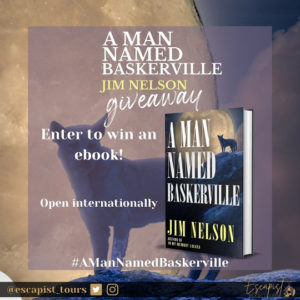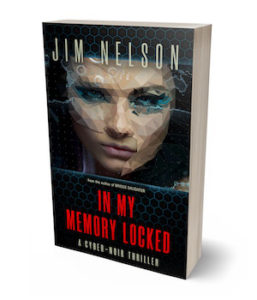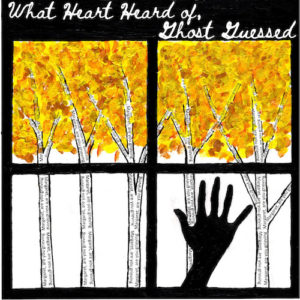See here for my IFComp 2021 scoring and reviewing rubrics.
Amanda Walker’s What Heart Heard Of, Ghost Guessed opens with a scene that could have been cut-and-pasted out of any number of text adventures from the days of yore: A bare room, a closed door, and a locked wooden chest. However, before this comes an introduction suggesting all is not as it seems:
…as you try to bring your hand to your eyes, you have no sense of your hand. No sense of your eyes. It is a strange sort of seeing. Looking down at where you– your body– should be, you see nothing. You try to open your mouth, to call out, but you have no sense of your mouth. No sound comes from you.
This disembodied sensation is not fleeting. This is your state of being throughout the game. Ghost Guessed takes one of the core assumptions of interactive fiction—the player’s ability to interact with the game world—and turns it on its head. You can LOOK and EXAMINE and glide from room to room, but otherwise, you appear unable to interact with the world around you.
Soon, some shattered glass and an opened piece of jewelry reveal you are capable of manipulating the world by your emotions. And your emotions are strongly felt: Doors don’t open, they slam open. Boxes fly across rooms to you, but rather than being caught, they soar through your incorporeal form and crash to the floor. This linkage between strong emotions and violent results is the game’s strongest element. I’m not encyclopedic when it comes to the taxonomy of the spirit world, but I believe this is known as a poltergeist, a “noisy ghost.”
While this concept of emotions-instead-of-actions may sound like a device, it’s handled rather well. Not only is the technique discovered organically, each emotion is tied to the character’s past. Learning how to manipulate the world reveals and defines your character and her history. The other story elements are gleaned through a steady accretion of detail within the house.
The title comes from Gerard Manley Hopkins’ “Spring and Fall” (“to a young child”):
Now no matter, child, the name:
Sórrow’s spríngs áre the same.
Nor mouth had, no nor mind, expressed
What heart heard of, ghost guessed:
Ghost Guessed is as doleful as its nineteenth-century namesake. It reminds me of other Gothic literature from that time period. As you float through the house, a picture develops of a quiet country estate occupied by a moneyed family, where the secrets are locked away upstairs whilst whispers downstairs are exchanged over tea and cakes. The bulk of the dramatic arc has already occurred when the game begins, but there’s plenty of empty space within this hushed, reserved home for the main character to realize the totality of what’s happened, and to grow from it.
Side note: The content warning indicates the game contains violence and child abuse. This turned me off at first, but I came to see it’s all handled tactfully and without sensationalism. Kudos.
None of the puzzles were difficult, but I would recommend anyone starting the game to examine everything. I don’t think of this as a “puzzle” game, however.
What Heart Heard Of, Ghost Guessed is an elegiac game, a story of tones and grays within an interactive fiction, solemn without becoming moody—good for a rainy day.
